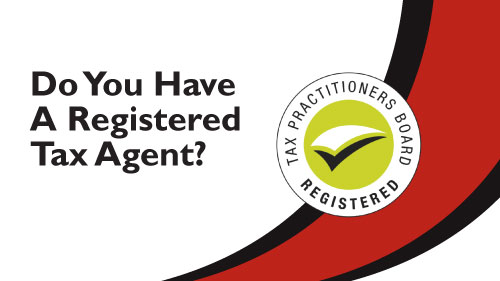What do you need to be a BAS Agent?
Becoming a BAS (Business Activity Statement) agent can be a rewarding career choice for individuals with a strong aptitude for numbers, attention to detail, and a desire to help businesses manage their tax obligations. BAS agents play a crucial role in ensuring that businesses comply with taxation laws and meet their reporting obligations. In this article, we will explore the steps and requirements to become a BAS agent in Australia.

Why Become a BAS Agent?
Before diving into the specific requirements, it’s essential to understand why becoming a BAS agent is an attractive career option. Here are some compelling reasons:
1. High Demand for BAS Agents
The Australian Taxation Office (ATO) requires many businesses to submit regular BAS reports, which creates a constant demand for BAS agents. This demand is likely to persist as long as businesses continue to operate in Australia.
2. Job Stability and Security
BAS agents enjoy job stability because tax reporting is an essential part of any business operation. Even during economic downturns, businesses need to fulfill their tax obligations, making BAS agent services indispensable.
3. Flexible Career Path
BAS agents can work independently or as part of an accounting firm. This flexibility allows individuals to choose the work environment that suits them best. It also opens up opportunities for entrepreneurship.
4. Competitive Income Potential
BAS agents often charge fees for their services, making it possible to earn a competitive income. The more clients you serve, and the more complex their financial situations, the higher your earning potential.
Requirements to Become a BAS Agent
To become a registered BAS agent in Australia, you must meet specific requirements and undergo a formal registration process. Here are the key steps:
1. Educational Qualifications
To start your journey as a BAS agent, you must have a minimum qualification in accounting, which usually includes a Certificate IV in Accounting or a higher-level qualification. Alternatively, you can have relevant experience.

2. Relevant Experience
If you don’t have formal educational qualifications, you can still become a BAS agent by demonstrating at least 1400 hours of relevant experience within the last four years. This experience should be in roles that involve the preparation and lodgment of BAS statements. Find out more information here.
3. Professional Indemnity Insurance
Before applying for registration, you must obtain professional indemnity insurance. This insurance is essential to protect both you and your clients in case of any errors or omissions in your work.
4. Fit and Proper Person Test
The Tax Practitioners Board (TPB) assesses your fitness to become a BAS agent. You must meet certain ethical and professional standards, which include being of good character and reputation.
5. Continuing Professional Education (CPE)
As a BAS agent, you are required to complete a minimum number of hours of CPE each year to stay registered. This ensures that you remain up-to-date with changes in taxation laws and regulations.
6. Apply for Registration
Once you meet all the above requirements, you can apply for registration as a BAS agent through the TPB. The application process involves submitting necessary documentation, including evidence of your qualifications and experience.
7. Renew Your Registration
Registered BAS agents must renew their registration annually. This process includes paying a renewal fee and providing evidence of ongoing CPE.
Additional Considerations
Becoming a BAS agent involves more than just meeting the basic requirements. Here are some additional considerations to keep in mind:
1. Specialize and Stay Informed
Taxation laws and regulations can change frequently. To excel as a BAS agent, it’s crucial to specialize in specific industries or types of businesses. This will help you stay informed about industry-specific tax rules and provide more value to your clients.
2. Build Strong Relationships
Building strong relationships with your clients is essential for success as a agent. Good communication and a high level of trust will lead to repeat business and referrals.
3. Use Technology Wisely
The accounting and taxation industry is evolving rapidly, with the integration of technology such as accounting software and cloud-based solutions. Embrace these tools to streamline your work processes and provide better service to your clients.
4. Join a Professional Association
Consider joining a professional association like the Institute of Certified Bookkeepers (ICB) or the Tax Practitioners Board (TPB) to access resources, networking opportunities, and ongoing education.
Conclusion
Becoming a agent in Australia can be a rewarding career choice, provided you meet the necessary requirements and commit to ongoing professional development. With the demand for agent services expected to continue, this profession offers job stability, competitive income potential, and a flexible career path. So, if you have a passion for numbers and a desire to help businesses succeed, consider taking the steps outlined in this article to embark on a fulfilling career as a BAS agent.


